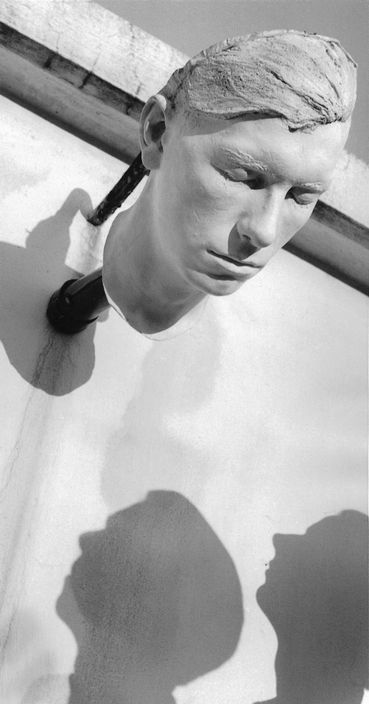Café Kafka
Francisco Coll
25th May 2016 · 8:00 pm
28th May 2016 · 7:00 pm
31st May 2016 · 6:00 pm (didactic performance)
Teatre Martín i Soler
Conductor
Christopher Franklin
Stage Director
Alexander Herold
Set Designer
Manuel Zuriaga
Costume Designer
José María Adame
Lighting Designer
Antonio Castro
Videocreator
Miguel Bosch
Movements
Ricardo Sile
Production
Palau de les Arts Reina Sofía
Orquestra de la Comunitat Valenciana
Girl
Míriam Zubieta (22, 28)
Tatiana Irizarry (35, 31)
Man 1
Pablo García López
Woman
Elisa Barbero
Man 2
William Purefoy
The Hunter Gracchus / Policeman / Barman
Pablo Aranday
Centre de Perfeccionament Plácido Domingo
Anywhere that is perfect for an alcoholic drink, four people arrange to meet -Girl, Woman, Man 1, Man 2 and a police officer- in addition to the ghost of Hunter Gracchus.
In this setting, which encourages the most uninhibited communication, the characters interact and share their thoughts: their longing to find a purpose that exists outside that setting -in the form of a house, city, country, the world- is their main concern.
But other more personal problems branch off from this existential problem:
The invisibility of the individual in a world where nobody causes pain, nobody has been caused pain, a world made up of nobodies, inhabitants who float in an isolated dreamlike world.
A living void that is imagined, for example in Paris, where people are just the clothes they wear and their homes are just buildings.
The longed for (and often found) purpose is caught between action and thought, between fear and love: a love that has barely been substantial, void of use and application. The conviction that life is a collection of fears we are usually not aware of, fears that only death can placate.
Whilst there is dialogue between the living characters revolving around these ideas, Hunter Gracchus (the dead character) is the one who loses all hope in the redemption of death: after death, the journey in search of a purpose is once again to end up at numerous ports, to constantly sail the seas of death without reaching the shore of the other world.
The incomprehensible remains incomprehensible forever, wherever we may go in search of an explanation.
It is better, much better, to give up and remain alone with one’s own suffering.


